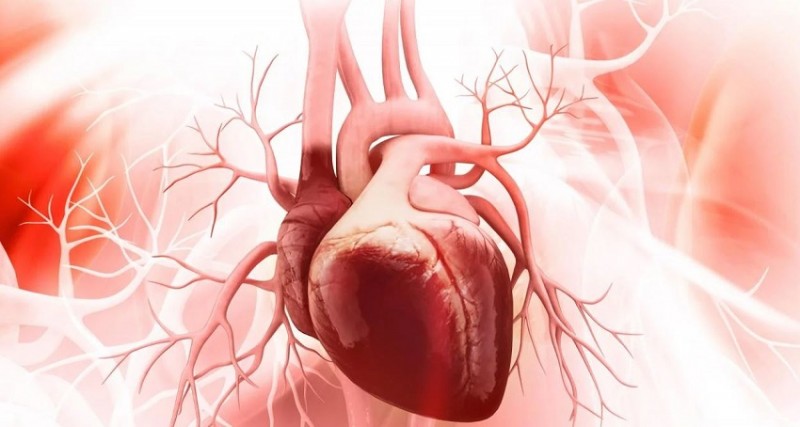
In groundbreaking research, scientists in Austria have found that gentle shockwaves could help regenerate heart tissue in patients after bypass surgery. This new treatment has shown promising results, with patients experiencing improved heart function and greater physical endurance.
Heart Regeneration Breakthrough
A study involving 63 patients revealed that those who received the shockwave treatment could walk longer distances and their hearts pumped more blood. "For the first time, we are seeing the heart muscle regenerate in a clinical setting, which could help millions of people," said Prof Johannes Holfeld from Innsbruck Medical University.
The researchers are now planning larger trials to confirm these results in a broader group of patients.
Heart Disease: A Global Challenge
According to the World Health Organization, 18 million people die each year from heart disease or related complications. Factors such as high blood pressure, poor diet, and tobacco and alcohol use increase the risk. Despite advancements in treatment, heart disease remains the leading cause of death worldwide.
Current Treatments and Their Limitations
While medications and other treatments can manage heart disease and reduce the risk of heart attacks, there is no cure. In severe cases, surgeons perform heart bypass surgery, where a healthy blood vessel from another part of the body is used to bypass the blocked artery. However, this procedure only maintains heart function without improving it.
Innovative Use of Shockwaves
Austrian researchers have been exploring the potential of mild soundwaves to regenerate damaged heart tissue after bypass surgery. This 10-minute procedure stimulates the growth of new blood vessels around the damaged area. Similar shockwave techniques are already used for other medical conditions, such as tendon injuries and erectile dysfunction. High-strength shockwaves are also used in lithotripsy to break up kidney stones.
Study Results and Patient Outcomes
The study, published in the European Heart Journal, divided bypass patients into two groups: one received the shockwave treatment under general anesthesia, while the other underwent a sham procedure. A year after surgery, the shockwave-treated group showed an 11.3% increase in oxygenated blood pumped by the heart, compared to a 6.3% increase in the control group. These patients could walk further without rest and reported a higher quality of life.
"It means they are able to go out for a walk with their dog again or go to the supermarket in their everyday life," Prof Holfeld explained. "We also anticipate they will have a longer life expectancy and fewer re-hospitalizations."
Expert Opinions and Future Prospects
Dr. Sonya Babu-Narayan, associate medical director of the British Heart Foundation and a consultant cardiologist, acknowledged the potential of this new treatment. "What’s exciting about this trial is that a year later, people who had shockwave therapy to the heart during their operation had better heart function and fewer symptoms than those who didn’t," she said. However, she emphasized the need for larger and longer trials to assess the long-term effects.
European regulators are expected to approve the device later this year, with its first use on patients outside clinical trials planned for 2025. The study was funded by Austrian government departments, the US National Heart, Lung and Blood Institute, and a company affiliated with Innsbruck Medical University.
Tags: heart regeneration, shockwave therapy, bypass surgery, heart disease, medical research, cardiovascular health, new treatments, Innsbruck Medical University, European Heart Journal, patient outcomes.